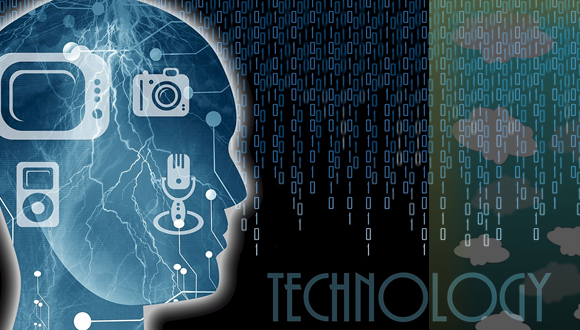Measurement and Promotion of 21st Century Skills in Dyadic Setting
Maor Rosenberg,
Ph.D. student at the department of Industrial Engineering
7 April 2022, 12:00 PM, Room 206& via zoom
Abstract:
In today's society, characterized by accelerated change in economy and technology, a different set of skills and competences are required from the next generation entering the workforce. Since the 1980s, there has been an attempt to define these desired 21st skills by governments, educators and companies. Among those skills one can find curiosity, creativity, problem solving, collaboration, communication, and many more. These soft skills and competences are considerably difficult to define as they are complex constructs and multi-faceted, all the more so to measure and promote them. In this thesis we will focus on specific skills, namely curiosity, creativity and growth mindset, and show novel paradigms for measuring and promoting them in the context of dyadic setting.
We will present four studies that tackle the above challenge from different perspectives. In study I we ask whether growth mindset can be promoted through child robot interaction. Growth mindset, that is the belief that success comes from effort and perseverance, has been shown to be a better indicator of higher achievements as compared to a fixed mindset, that is the belief that abilities are fixed and cannot be changed. We have conducted an experiment where children play a tablet game with a peer-like autonomous social robot, which is programmed with behaviors suggestive of it having either a growth mindset or a neutral mindset. We found that children who played in the growth mindset condition self-reported having a stronger growth mindset and tried harder during a challenging task as compared to the neutral condition. In study II we have used a similar paradigm to ask if curiosity can be promoted through playing a tablet game with a curious peer-like social robot. We have embedded the robot with an expressive cognitive architecture which combines artificial
curiosity algorithm and links them to the robot's verbal and nonverbal expressions. We have validated the artificial curiosity module and conducted a user study that showed children express curious behaviors, dependent on the curiosity of the robot.
In studies III and IV we pursue measurements and influences on creativity, specifically on creative exploration, which we define as the search for novel and useful ideas in a specific space of possibilities. In study III we explore the relations between security and exploration through Bowlby’s attachment theory, we measure the participant's attachment style and employ secure priming manipulation, we then make use of the Creative Foraging Game for measuring different aspects of the creative search process. We have found that less secure attachment styles lead to less exploration and that secure priming mitigates these effects differentially according to the attachment style. In study IV we let pairs play the Creative Foraging Game and explored how naturally emerging interaction styles affect creative exploration. We have found the turn-taking interaction style lead to more flexibility and originality but less fluency, compared to dominance and division of labour styles.
Bio:
Maor Rosenberg, Ph.D. student at the department of Industrial Engineering in Tel Aviv University. Maor holds M.Sc. degree in pure Mathematics and B.Sc. degree in Computer Science and Mathematics from Tel Aviv University. His research focuses on measurements and promotion of curiosity and creativity. The research is being supervised by Prof. Goren Gordon and collaborated with Dr. Lior Noy.


